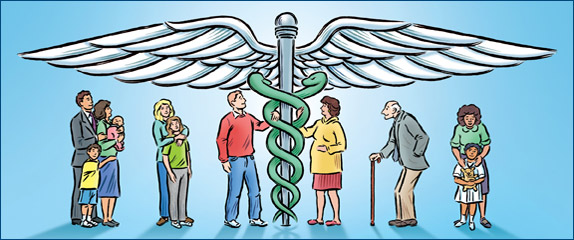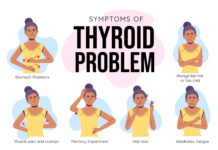Dr. Sowmya M, Senior Consultant Neurologist, Aster RV Hospitals
Epilepsy is a condition often misunderstood, surrounded by stigma and misconceptions that hinder those affected from seeking help or living fulfilling lives.
What Is Epilepsy?
Epilepsy is a neurological disorder caused by sudden abnormal electrical activity in the brain, leading to seizures. Seizures can vary widely in type and intensity. Major seizures often involve loss of consciousness, falling, and involuntary jerking movements of the whole body. Minor seizures may present as confusion, twitching of a specific body part, or unusual sensory experiences, such as visual or auditory disturbances. A diagnosis of epilepsy is confirmed when a person experiences two or more unprovoked seizures.
In India, epilepsy affects over 10 million people, which translates to 6-10 individuals per 1,000. Despite the significant prevalence, many people lack access to proper treatment, causing unnecessary suffering for both patients and their families.
Types of Seizures
Seizures manifest differently among individuals. Common symptoms include:
• Auras or warning sensations, such as strange smells or visual disturbances.
• Temporary confusion or memory loss.
• Difficulty speaking or understanding language.
• Uncontrollable movements of the arms, legs, or other parts of the body.
Causes
Identifying the root cause is essential for effective treatment and management. In about half of all cases, the cause of epilepsy remains unknown. In other instances, it may result from:
• Genetic Factors: Inherited predispositions or developmental conditions.
• Structural Brain Problems: Head trauma, brain tumours, or abnormalities in brain structure.
• Infections: Conditions like meningitis or encephalitis.
• Vascular Issues: Strokes or hypoxic injuries during birth.
• Substance-Related Causes: Illicit drug use, excessive alcohol consumption, or withdrawal.
• Metabolic Conditions: Low or high blood sugar, sodium imbalances, or kidney failure.
Effects of Epilepsy
Epilepsy has both physical and psychological impacts:
• Physical Injuries: Seizures may cause falls or other accidents.
• Limitations in Daily Activities: The risk of seizures can lead to reduced independence.
• Mental Health Challenges: Anxiety, depression, and social stigma are common.
• Cognitive Impairments: Memory issues and difficulty concentrating may affect education or work.
• Driving Restrictions: Many countries impose driving bans, limiting mobility and independence.
Treatments
Managing epilepsy requires a combination of medical and lifestyle interventions:
1. Medications:
Antiepileptic drugs (AEDs) are the first-line treatment, helping to stabilize brain activity and prevent seizures.
2. Surgical Interventions:
For drug-resistant epilepsy (around 30% of cases), surgical options may include removing the affected brain area or implanting devices to regulate electrical activity.
3. Neuromodulation Therapies:
– Vagus Nerve Stimulation (VNS): A device delivers electrical impulses to the vagus nerve, reducing seizure frequency.
– Responsive Neurostimulation (RNS): Implants monitor and adjust brain activity in real time.
4. Dietary Interventions:
The ketogenic diet—a high-fat, low-carbohydrate plan—has shown success in controlling seizures, particularly in children.
5. Lifestyle Modifications:
Adequate sleep, stress management, and avoiding known seizure triggers can help minimize episodes.
Epilepsy is a manageable condition, but it requires timely diagnosis and a personalized treatment plan. With the right care, individuals with epilepsy can lead fulfilling lives. By spreading awareness and breaking the stigma, we can create a supportive environment for those living with epilepsy to achieve their milestones and thrive.
Also Read: Career-Ready in No Time: Benefits of Vocational Training Programs
Explore the vocational training options on EasyShiksha.com today and take the first step towards becoming career-ready in no time!





































































